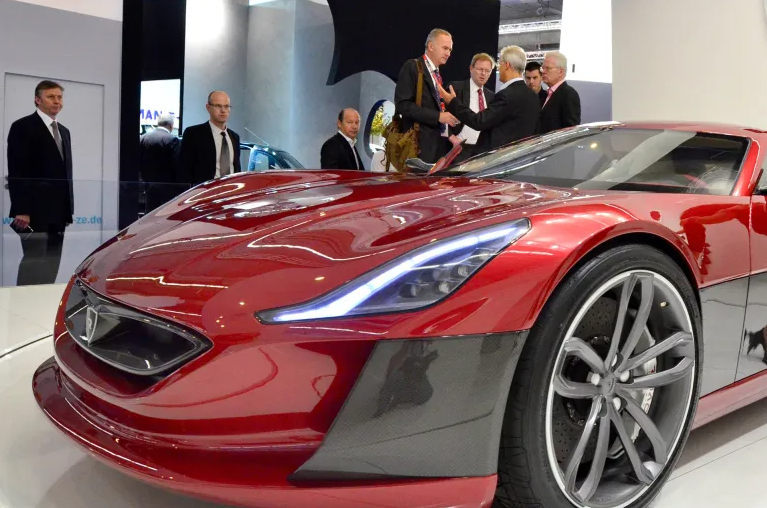
The Croatian sports car manufacturer, Rimac, is conducting tests on a new technology called “nanotube,” which could become a significant source of electricity to power any car engine, according to a report by the German news agency.
Several years ago, engineers at the renowned Massachusetts Institute of Technology (MIT) discovered a method to generate electricity using minute carbon particles that produce a current through their interaction with the surrounding liquid.
The engineers explain that the liquid, which is an organic solvent, draws electrons from the carbon particles, generating an electric current that can be used to stimulate chemical reactions or power small, micro-scale robots.
Meanwhile, Mate Rimac, the CEO of Rimac, stated in an interview with the British automotive magazine Auto Car that “Rimac is not exclusively specialized in electrical devices, but is currently involved in what can be considered the most exciting technology at the moment.”
This technology can be made to work through unique, boiling-resistant fuel liquids in the form of a thin coating layer covering “hollow tubes made of a network of carbon particles, which have unique electrical properties,” according to one of the methods from the Massachusetts Institute of Technology.
If this technology proves successful on a larger scale, it could replace current heavy battery packs as an alternative fuel source in electric or hydrogen cars.
Rimac mentioned that liquid petroleum gas, hydrogen, and diesel (solar) are among the potential fuel types that can be used in this new method of electricity generation.
The Croatian company is currently collaborating with a startup to conduct tests on nanotubes that achieve an 80% fuel efficiency in generating electricity on a small scale.
However, the downside to this technology is that it emits carbon dioxide, so it may not align with the goals of achieving zero-emission vehicles pursued by many governments and automotive companies today.
Leave a Reply